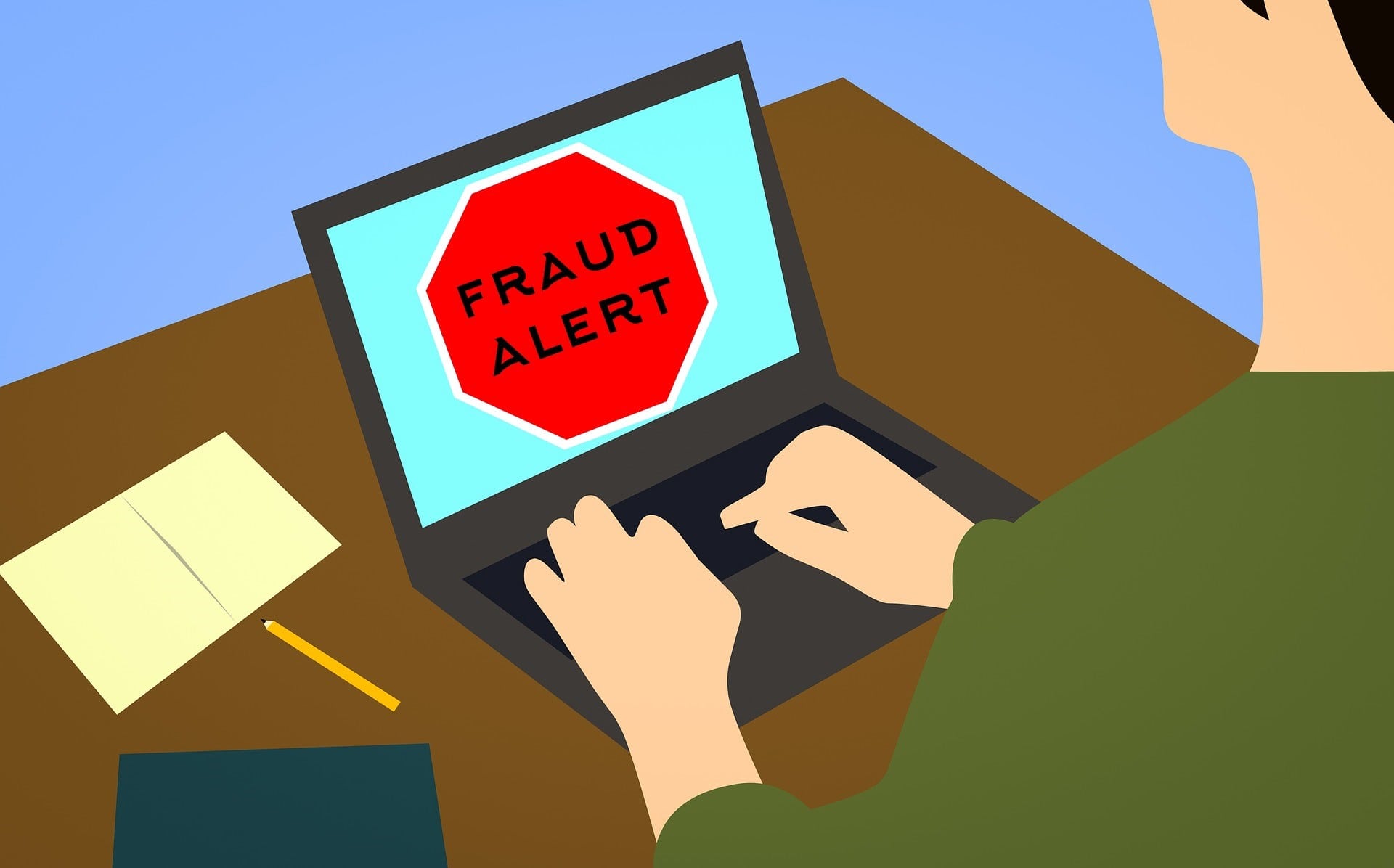
Victimized by Fraud? Talk to Us!
Whenever people hear the phrase ‘financial planning,’ the first thing that comes to mind is saving for retirement, investing wisely, and creating a budget. Though these are all elements of financial planning, there’s one key element that most people tend to forget; fraud prevention.
Granted, learning to create a budget and invest wisely are all excellent qualities. But this won’t account for much if a person can’t protect themselves and their families from becoming victims of consumer fraud.
Fraud prevention involves knowing what it entails, how it occurs, its warning signs, and what to do if one becomes a victim. In today’s world, fraud can happen in any industry that involves monetary transactions.
According to USA.gov, there are different types of scams and fraud. But the most common are:
Debt Collection
Some criminals may pose as debt collectors who visit an individual’s home or office to collect a debt incurred in the form of:
- Medical bills
- Credit cards
- Unpaid or overdue taxes
The technique used by these criminals is called ‘phantom debt collection.’ It refers to collecting debts that they can’t prove are valid, do not exist, or are too old to collect. They often approach their victims when posing as collection agencies.
When they come to a potential client, they will threaten to sue them or jail them for non-compliance. Most of the information used by these criminals pertaining to their victims comes from public databases.
Auto
Auto fraud occurs when a dealer lies about a car’s history or when the criminal attempts to sell a vehicle that doesn’t have a clean title. For example, a dealer may fail to inform the buyer that the car was previously involved in an accident.
Other examples include:
- Misleading potential clients about its certification status
- Falsely claiming that the car is new when it’s not
- Tampering with the odometer readings
Real Estate
Criminals often target property owners who have recently found themselves in a financial mess. Foreclosure fraud is a common scam used in this sector.
In such a situation, a criminal may approach the property owner posing as a company that provides loans intended to consolidate debts and cover other expenses. When making their approach, they will request the client to:
- Agree to transfer the title to the property
- Make upfront payments to the said company
How to Protect Oneself from Consumer Fraud
Having learned about the most common types of consumer fraud, it’s time to learn how individuals can protect themselves. Knowing what to do can ensure a person doesn’t become another static.
1. Protect Personal Information at All Costs
Reputable companies will never ask their clients to supply them with personally identifiable information such as credit card numbers, bank account numbers, or SSN to verify their identity.
Individuals should only provide this information in situations where they are the ones who have made the call. But they must also confirm that the person they are talking to works for the company in question.
2. Identify Personal Vulnerabilities
Experienced criminals can quickly identify and exploit existing vulnerabilities. Vulnerabilities come in various forms and can include:
- Financial
- Mental
- Medical
- Physical
- Emotional
If individuals are not careful, a criminal could also exploit their religious beliefs, personal fears, and the lack of a physical connection to obtain cash from them or their friends.
Individuals shouldn’t hesitate to inform law enforcement officers upon realizing that they have fallen victim to scammers.
3. Safeguard Usernames, PINs, and Passwords
Individuals should ensure that their debit cards and PINs are stored in different places. If a person were to steal their debit cards whose PIN was written on the card, they could easily walk away with all the victim’s cash.
Those who use a wireless connection to access the internet should invest in a good firewall to protect their devices from intruders. Additionally, they should sensitize their family members to store passwords offline, not on their computers.
Another way to safeguard passwords is to have all the people in that household change their passwords every few weeks.
4. If a Deal Sounds Too Good to Be True, It Probably Is!
Everyone wants to gain financial security and build a nest egg for their future. While at it, it’s advisable to ensure that they go through all the contracts presented to them for signing. Contracts that request too much upfront information may have hidden clauses.
Homeowners who have to engage the services of cleaning companies, general contractors, and pest control companies should ensure they first research the firms in question. They need to check whether these companies have pending civil or criminal cases.
Homeowners must also insist on verifying whether these companies are insured and licensed. They can obtain this information by logging into their local business and professional regulation department.
5. Regularly Inspect All the Billing Statements
Fraud prevention experts recommend regularly inspecting all financial documents, e.g., bank and credit card statements. A regular inspection makes it easy for an individual to spot irregular billing.
If a particular charge raises a red flag, the individual should call the said company and make inquiries about the charge. A good example would be when a credit card has unauthorized charges on it.
Every consumer has a right to dispute fraudulent expenses.
What to Do When Individuals Become Victims of Consumer Fraud
Anyone can become a victim of consumer fraud. The affected individual should contact the Federal Trade Commission at the earliest opportunity. They can do so using their Online Complaint Assistant.
They can use the link above to report all forms of consumer fraud.Another option available to the victims of consumer fraud is to hire an attorney. The attorney can assist them in pursuing claims against the perpetrators.
Consumers should remember that the sooner they file a complaint, the easier it becomes to find the scammers.






